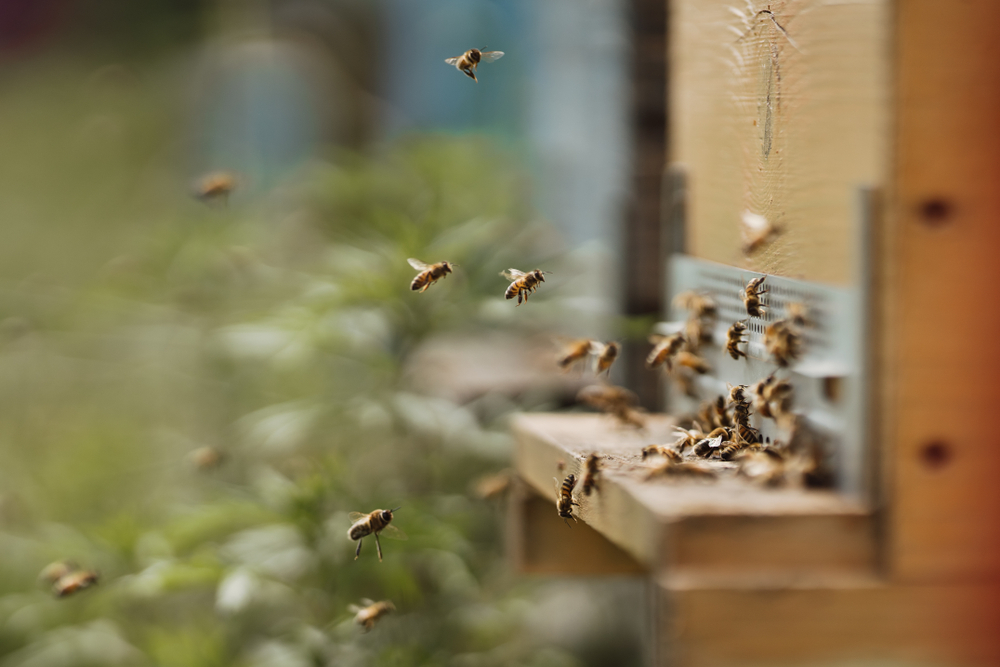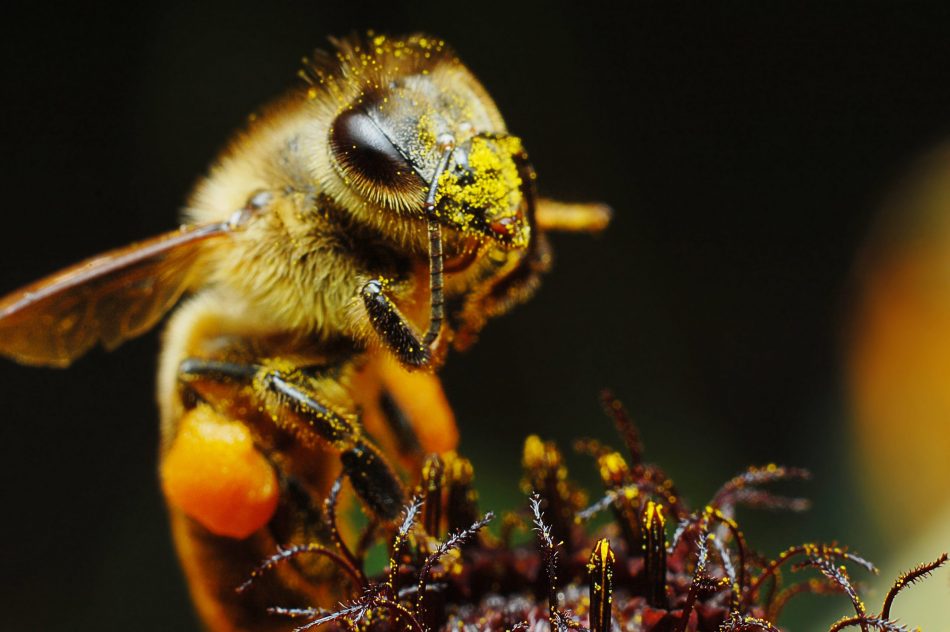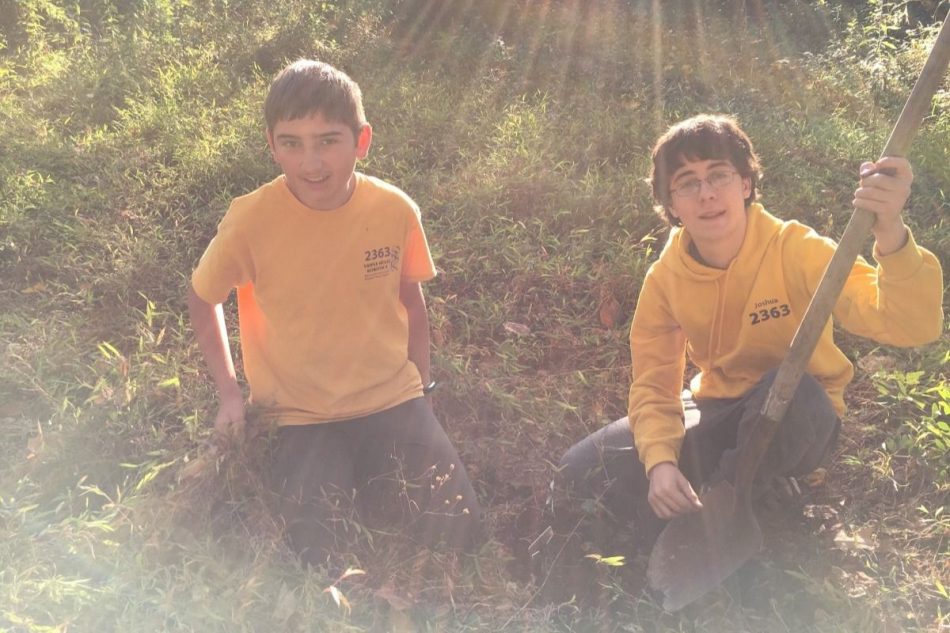
Scientists have trained Dutch bees to detect Covid-19
Bees are miraculous critters that play an essential role in feeding the world through pollination. However, Dutch scientists have tapped into another one of their valuable attributes to help identify cases of Covid-19: their acute sense of smell. When someone is infected with Covid-19, the Read More...

Angelina Jolie covers herself in bees to raise awareness about pollinators
Although bees and other pollinators are essential for propagating more than 75 percent of food crops, there is still not enough awareness about the extinction risk that these insects are currently facing as a result of human activities. In a bid to bring this urgent issue under the spotlight, on Read More...

EU court upholds pesticide ban to protect European bees
Back in 2020, we shared how the European Union’s top court upheld a French pesticide ban to protect bees. Now the court is back with another pro-pollinator ruling, upholding an EU partial ban on three insecticides linked to harming bees. The lawsuit, filed by Bayer, attempted to overturn the Read More...

Automated beehive monitors bee health to prevent colony collapse
Here at The Optimist Daily, we're major advocates for solutions aimed at tackling the collapse of the global bee population. Today, we bring you a solution that may offer a snapshot of what beekeeping of the future will look like, tapping into AI and machine learning to keep the pollinators Read More...

This Dutch pollinator strategy protects bees across the country
Last week, the Netherlands held a bee-counting event in which more than 11,000 volunteers from across the country participated. The volunteers spent 30 minutes recording the various types of bees visiting their gardens with the help of a list of the most common bees present in the country during Read More...

Sigh of relief: UK will not use bee-harming pesticide after all
Earlier this year, the British government reversed a ban on a bee-harming pesticide called neonicotinoid in order to kill off virus-transmitted aphids that threatened the UK’s sugar beet fields. Environmentalists were obviously not pleased with the reversal of the ban as the government had broken Read More...

Bee species last seen almost a century ago found alive in Australia
A rare species of bee that was feared extinct has been spotted for the first time in almost a century. The elusive pollinator, endemic to Australia, was in the forests of north Queensland all along. The exciting discovery is the result of a widespread field search that was prompted after bee Read More...

Find everything you need to support pollinators in your yard right here
We all want to support pollinators, but the best way to do this varies based on where you live. If you live in the US, Xerces Society is a great resource for finding the most impactful pollinator protection tools at your disposal. The organization's Pollinator Conservation Resource Center is Read More...

Europe’s top court upholds French ban on bee-harming pesticides
In 2018, the French government placed a ban on the use of certain pesticides that harm bees. These pesticides belong to the neonicotinoid group's family of chemicals and are based on the chemical structure of nicotine. They were introduced in the mid-1990s and work by attacking the central nervous Read More...

Meet Luke and Joshua, the teens who saved bees in Virginia
With bee populations threatened by habitat loss, a pair of 14-year-olds in Virginia decided to take matters into their own hand with their own project to save local bumblebees. To kick off the project, the teenagers identified two existing public spaces in the town that could be used as a Read More...


